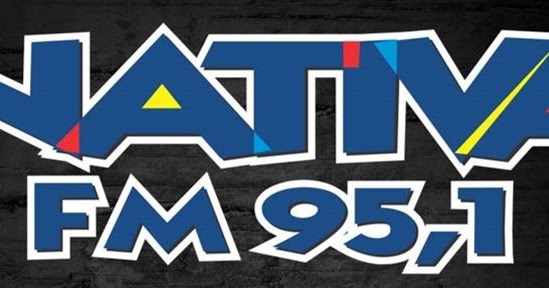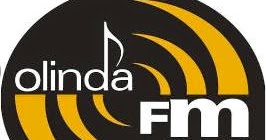


The affiliates also produce local content and emphasize on some segments of popular music according to the audience’s preference. The main nationally broadcasted shows are: Band Coruja, Band Bom Dia, the humour show A Hora do Ronco (an audience interaction program, on air for three decades), Manhã Show and Tarde na Band (music, prizes, information, entertainment with audience participation), Quem Ama Não Esquece (the broadcasters tell a story sent by a listener in a radio soap opera format, with audience participation in the end), Super 6 and Toca Todas (music and prize distribution), Band Brasil, Consultório Sentimental and Band Love. Part of their programming is transmitted to all affiliates. In 2014 the radio went back to the first place in audience in the city of São Paulo (Kantar Ibope). Other competitors are Transcontinental, which emphasizes on samba, and Gazeta FM. They began to compete with a station owned by the same group, Nativa FM, which focuses more on sertanejo music. Band FM remained behind in audience for a few years, until they found their consumer market in national popular music, mixing funk, pagode, sertanejo, pop music and a programming aimed at a predominantly middle class audience, between 25 and 45, with a 60% female audience according to information given by the station. It was around this time (2004) that Grupo Bandeirantes closed a deal with Grupo Camargo de Comunicação for the control of Nativa FM, regional scale network specialized in sertanejo. In the 2000s, the station lost part of their audience to rivals like Transamérica Hits and Mix FM, focused on the younger audience. In the 1990s, once again following phonograpical industriy’s trends, they changed their name to Band FM and began playing pop, axé, pagode and sertanejo. In the 1980s there was a first turn in the programming, which started focusing on black music and genres like soul, funk and pop, following the success of 'bailes black' (black parties) that proliferated in São Paulo in the previous decade (Leal, 2007). In the beginning, with the name Bandeirantes FM, they would retransmit Bandeirantes AM programming, but in the following year they introduced their own programming, focused on musical styles like rock, soul and jazz. Grupo Bandeirantes acquired their first FM radio concession, 96.1, in São Paulo in 1975. They also promote advertisement actions and are present on various events. Also similarly to other broadcasters of the kind, they don’t have an online portal but interact with their listeners through social media (the address redirects the user to the radio’s Facebook page), SMS and telephone. As with other FM radio stations, their programming is predominantly musical. Band FM is a nationwide radio network with five self-owned stations (São Paulo, Campinas, Ribeirão Preto, São José dos Campos and Vitória da Conquista) and 42 affiliates in 12 Brazilian states.


 0 kommentar(er)
0 kommentar(er)
